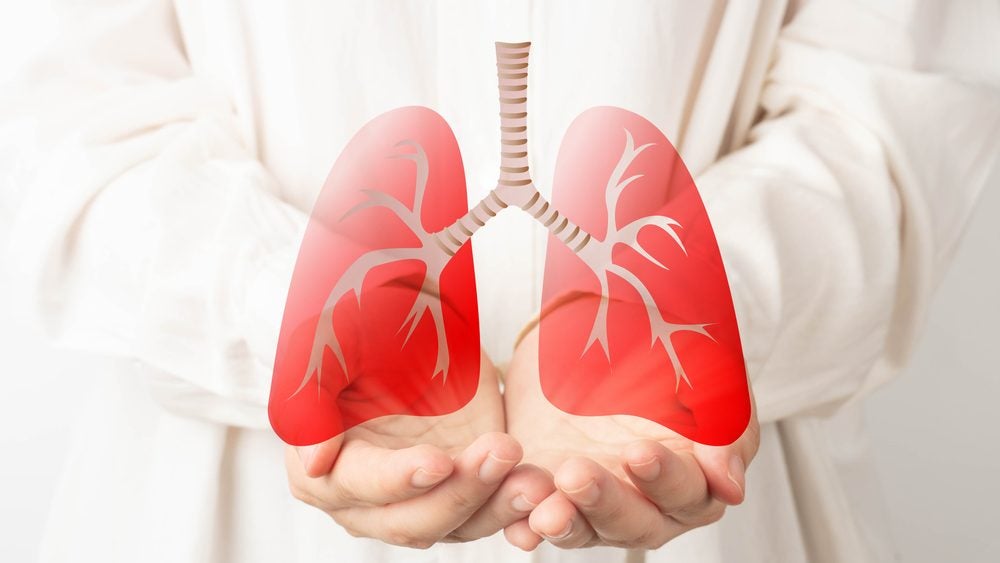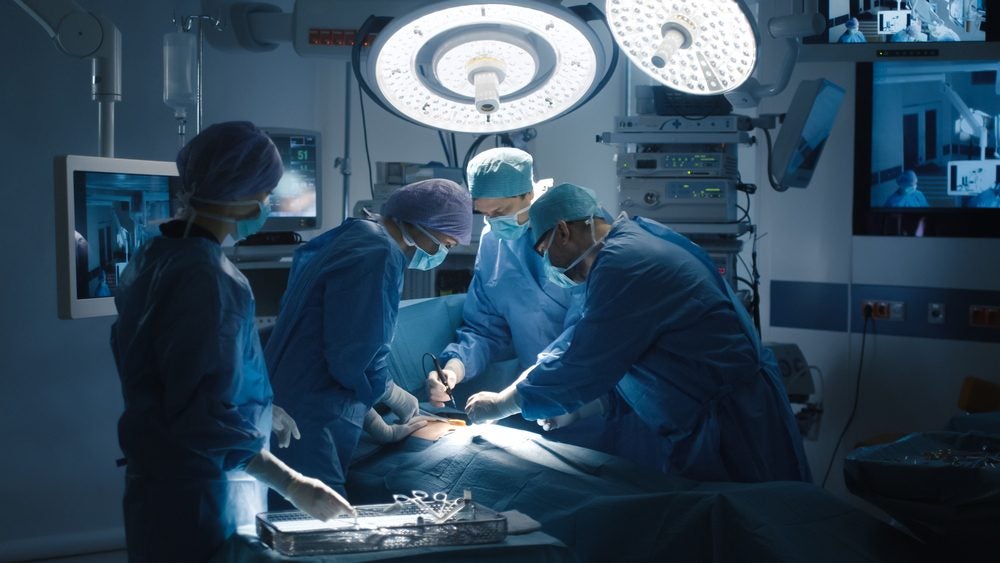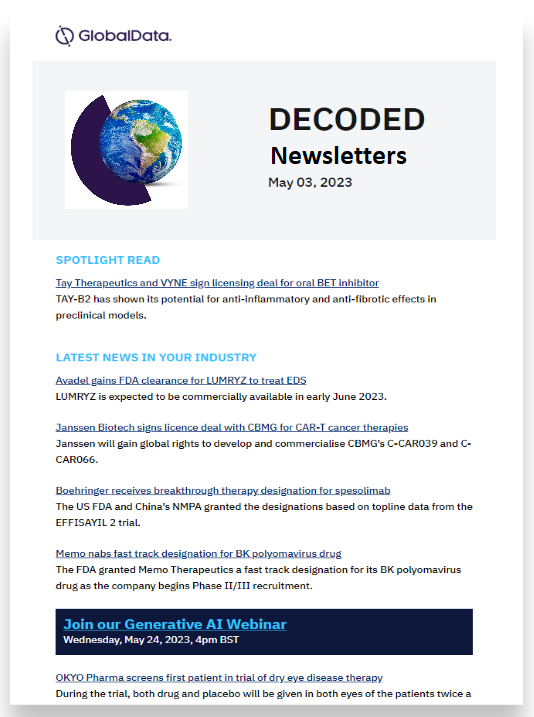
Medical Devices DECODED
Previous edition: 08 May 2024
Share article
Get the full version straight to your inbox.
Exclusive access to our best-in-class data & intelligence
Subscribe now
MHRA report finds wellbeing apps welcomed but users wary of AI chatbots
A joint report between the UK’s MHRA and NICE ahead of possible future regulation in the space has found users are comfortable with the apps but only in a limited capacity.

qThe UK’s Medicines and Healthcare products Regulatory Agency (MHRA) has published initial findings from a three-year report intended to set the groundwork for the regulation of digital mental health technologies (DMHTs), finding the public positive on the technology but wary of artificial intelligence (AI).
The UK government body, alongside the National Institute of Health and Care Excellence (NICE), has now concluded what it calls the first work package of its report, launched in 2023, in which the body says it mapped the key characteristics of the apps as it gets ready to publish the first set of findings.
The MHRA say that the key findings of its report include the development of a conceptual framework for categorising DMHTs as well as considerations for regulation and evaluation, as well as proposals for how DMHTs qualify as Software as a Medical Device (SaMD) under UK law.
Driven by London-based research agency, Woodnewton, the group conducted 28 focus groups and eight in-depth interviews with adults, as well as an additional ten interviews with intermediaries such as social workers and a further nine focus groups with children.
Some of the key findings published in the report found that, whilst awareness of and open discussion about mental health had improved in recent years, there was still stigma, particularly towards certain conditions within certain communities.
Researchers found that awareness of DMHT was largely down to advertising and previous media coverage, but choosing an app to try out was more driven by recommendations from family and friends. Users were generally willing to accept a general trial and error approach to these apps, picking them up for short times and dropping them when they stopped being useful, especially where these apps would offer discounts or free trials. Many felt that if these apps are to be prescribed by the NHS, then they should be free at the point of use.
The MHRA says that its findings were advised by a group of clinical, academic, regulatory, policy and evaluation experts as well as a board of those with lived experience of mental health conditions.
In a statement released alongside the report, the Lived Experience expert group said: “The scale of the challenge is vast, and it’s been reassuring to see such commitment to lived experience throughout the project whilst enabling flexibility in our involvement. This has effectively facilitated our ability to contribute to key areas of the project that we feel are important.”
Researchers also found that many users felt that the main case for these apps is to fill the gap whilst waiting for better, more formal mental health services to become available.
When it comes to regulation many interviewees were concerned that there was a risk that DMHT apps could be used in place of a failing UK-wide mental health system. The consensus is that these apps should be used as part of a wider treatment package, alongside regular therapy sessions.
The report also found that most participants did not appreciate the potential of AI to replicate human interactions such as therapeutic discussions, mood monitoring or diagnosis. Views were mixed on risks and benefits, but they were particularly alarmed by chatbots that had attempted to develop emotional relationships with their users.
According to GlobalData, the global AI market will grow from $103bn in 2023 to $1,037bn by 2030 with chatbots and mental wellbeing apps quickly on the rise.
Latest news

Samsung to acquire foetal ultrasound AI software company Sonio
Sonio has developed IT solutions and AI assistant features for obstetrics and gynaecology ultrasound.

FDA approves CereVasc's eShunt system study for hydrocephalus
The eShunt System includes an endovascularly implantable cerebral spinal fluid shunt and associated delivery components.

Averto Medical secures $30.5m to advance ColoSeal system
The proceeds will help in advancing the clinical testing of the ColoSeal system towards regulatory approvals.

FDA issues 510(k) clearance for US Medical Innovations' ablation system
The plasma jet targets the soft tissue surgical margin following the removal of a solid tumour.

Psilocybin effective in treating depression
A new study has further supported psilocybin's potential to treat depression, which impacts around 300 million people globally.

AngioDynamics touts positive data from AlphaVac trial
The venous thromboembolism market, which includes PE, will generate $11.8bn in global sales by 2032, according to GlobalData analysis.

Opmed.ai raises $15m to advance AI-optimisation system
The AI in medical market is expected to grow from $336m in 2022 to $1.2bn by 2027, according to GlobalData.
In our previous edition

Medical Devices Decoded
Medtronic's renal denervation system receives approval in China
07 May 2024

Medical Devices Decoded
Angle signs AstraZeneca deal to develop prostate cancer assay
06 May 2024

Medical Devices Decoded
Karius secures $100m in Series C funding round
03 May 2024
Newsletters in other sectors
Aerospace, Defence & Security
Automotive
Foodservice
Medical Devices
Travel and Tourism
Search companies, themes, reports, as well as actionable data & insights spanning 22 global industries
Access more premium companies when you subscribe to Explorer


